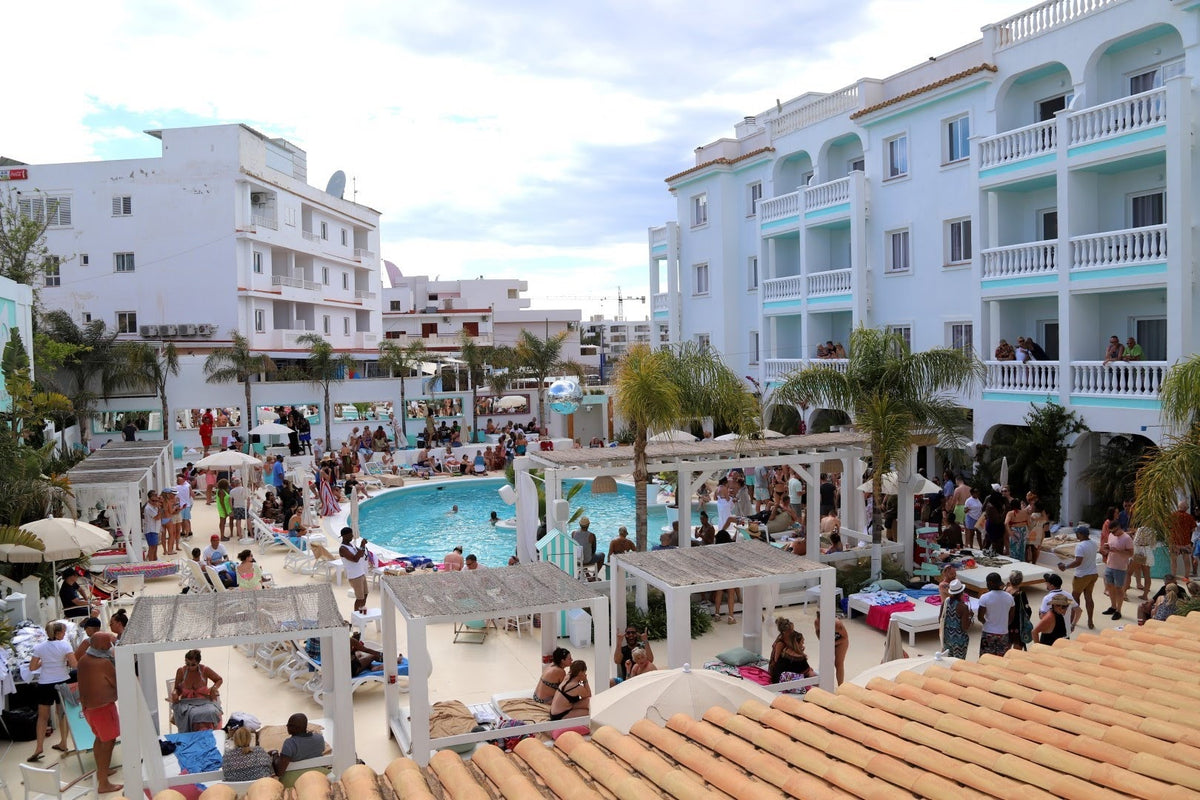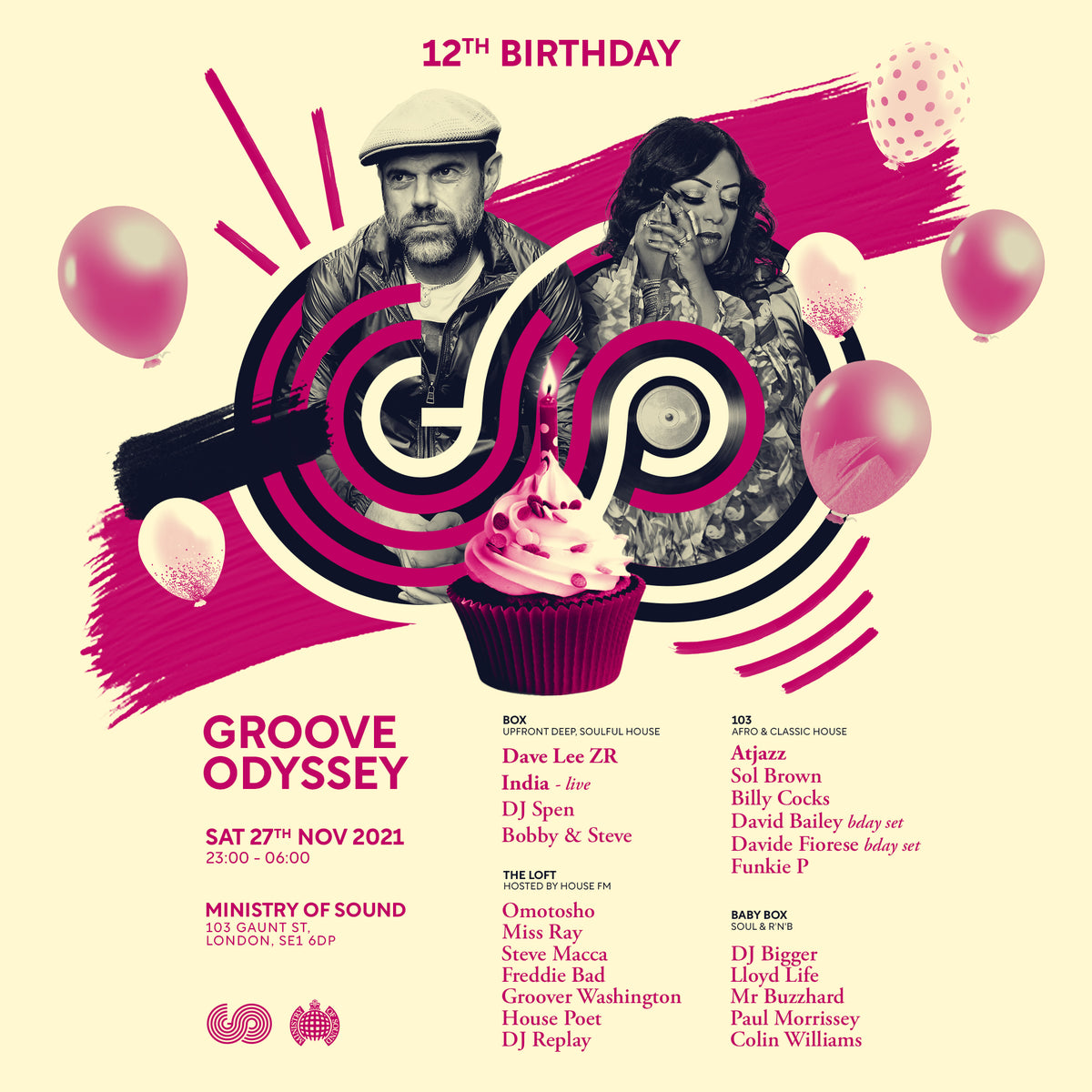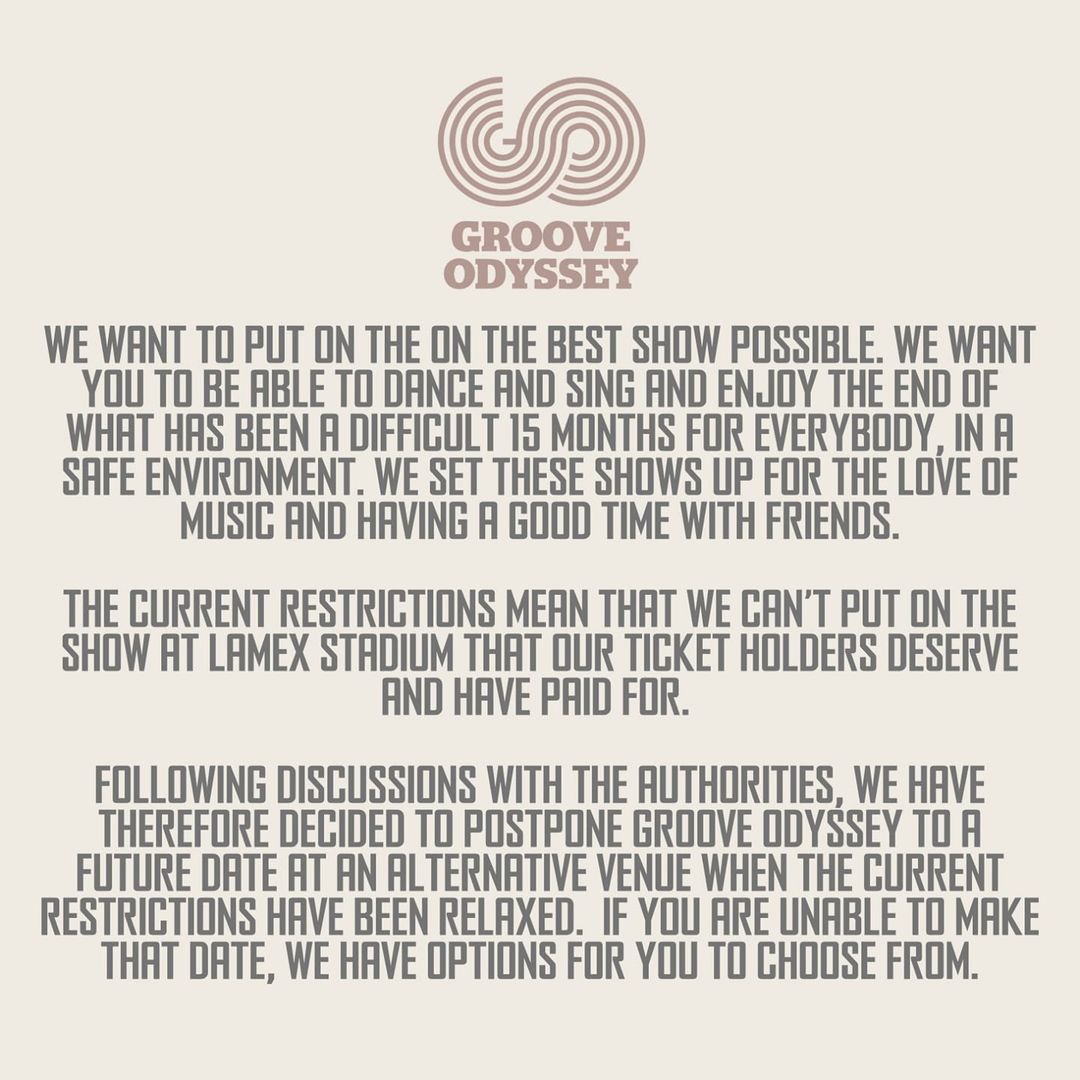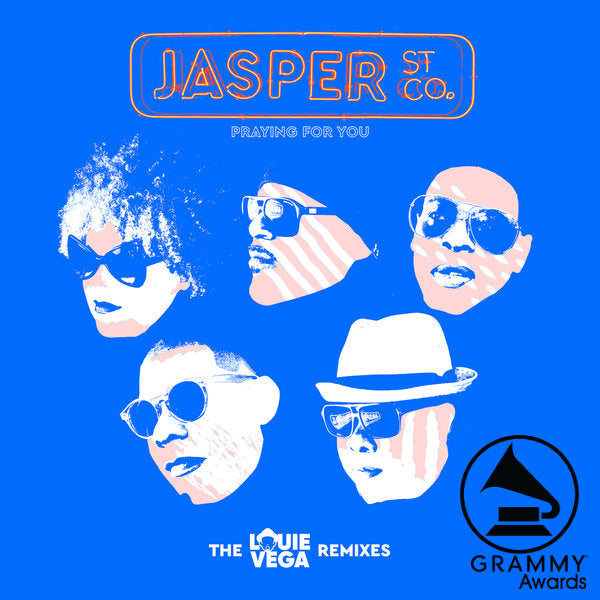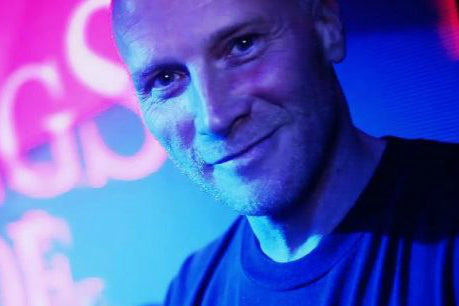
How we made Ministry of Sound
‘I found a car park in Elephant and Castle, south London, with a roof covered in pigeon poo. I walked in and thought, “This is it!”’

Boogie bunker … Ministry of Sound in 1995. Photograph: Andrew Testa
Justin Berkmann, co-founder
My mate phoned me and said I had to hear Funkin With the Drums Again by Farley Jackmaster Funk. It was a “Wow!” moment – the first time I ever heard house. In those early days, round about 1986, Judge Jules, Jazzie B and Norman Jay would wire up sound systems and play records until the cops turned up. I soon learned to DJ, but needed to know where this music was coming from. So I emigrated to America.
In New York, the Paradise Garage was an amazing club. It had lights, darkness, music, quiet – everything you wanted. I thought it was the perfect template, so I came back to London in 1988, determined to do something similar. I drove around for a year in my Mini looking for a site, then I found a car park in Elephant and Castle, south London, with a roof covered in pigeon poo. I walked in and thought: “This is it!”
Everyone I asked to invest laughed at me. Then James Palumbo got involved and started pulling in the money. We were the perfect team: James the entrepreneur, Humphrey Waterhouse his right-hand man, and me the bonkers DJ with ideas. It cost more money than we expected, though. We spent half a million quid on the sound system and the same again on putting the whole thing inside a massive soundproof magnesite box.

Berkmann and Humphrey Waterhouse at the Ministry of Sound in 1991. Photograph: Paul Fievez/Daily Mail/Rex/Shutterstock
It was like a nuclear bunker. If there’s ever a nuclear strike on London, everyone at the Ministry of Sound will probably survive. We wanted to be able to turn it up as loud as we could and not upset the neighbours. We tested the system to 156 decibels – loud enough to kill someone – and you couldn’t hear it outside. The idea of having set designs, meanwhile, came from another New York club, Area. Our first was themed around Blade Runner, my favourite film.
Paul Oakenfold was among the DJs at the opening night in 1991. Blinds flew open, everyone got bathed in light, and we played Also Sprach Zarathustra, the Richard Strauss music used in 2001: A Space Odyssey. When we began booking American DJs like David Morales and Larry Levan, it helped to kickstart the superstar DJ era.
Unlike Paradise Garage, we had a VIP room because everyone said that’s how London works. We emptied Tramp, a rival club, for six months because all the celebs came to Ministry. Then they stopped coming and it was more about the dance music community.
We took the outdoor rave culture – fields getting surrounded by policemen – back indoors, where the government couldn’t touch us. At first, we didn’t sell alcohol, which meant we could dance until midday. When we finally got a licence, the police warned the issuing committee about “ravers wearing luminous clothing”. There was a woman of African descent on the committee who wore full tribal clothing. She was so offended, she took our side.
It took a while to come up with a name. But one day I walked past the Ministry of Defence and had another “Wow!” moment. The Ministry of Sound felt iconic and we took the logo from the parliamentary portcullis, but made it round like a speaker. We’d been brainstorming a load of daft names before that. I’m not sure the club would have survived if we’d called it Get Off My Foot or The Ghost and Mrs Chicken.
I started DJ-ing at illegal acid house parties when I was 18 and kept going right through to my 20s. It was an amazing thing to be doing at that age. Ironically, I am a lawyer as well as a DJ, so I was always the person dealing with the police when they arrived at the illegal raves. My mates started calling me the Judge and soon I became Judge Jules.

‘It’s the ultimate big club’ … Judge Jules, in 2000. Photograph: Mark Liley/Sportsphoto/Allstar
I knew Justin through one of my mates, who shared a flat with him in New York. I was studying law at the London School of Economics, but when you’re young, you don’t care. I’d fly out, kip on their floor for weeks, and go to the Paradise Garage nonstop. For a middle-class, straight white kid, being at a black gay club in America with an enormous sound system was overwhelming.
I can’t remember the Ministry’s opening night, but I must have been there. I’ve DJ-ed around the world: other clubs have lights and lasers – but shit sound systems. Although the Ministry was a big dark room, its sound system was everything. When you’re in the booth, the monitor speakers are so loud, it’s like you’re in your own private club.
I’ve been DJing there for 27 years. It’s changed a bit: there are three rooms now – and alcohol. But it’s still a place where you can really lose yourself in the music. It’s the ultimate big club.

The Ministry of Sound’s Annual Classical is at the Royal Festival Hall, London, 26 January, then touring in May.
